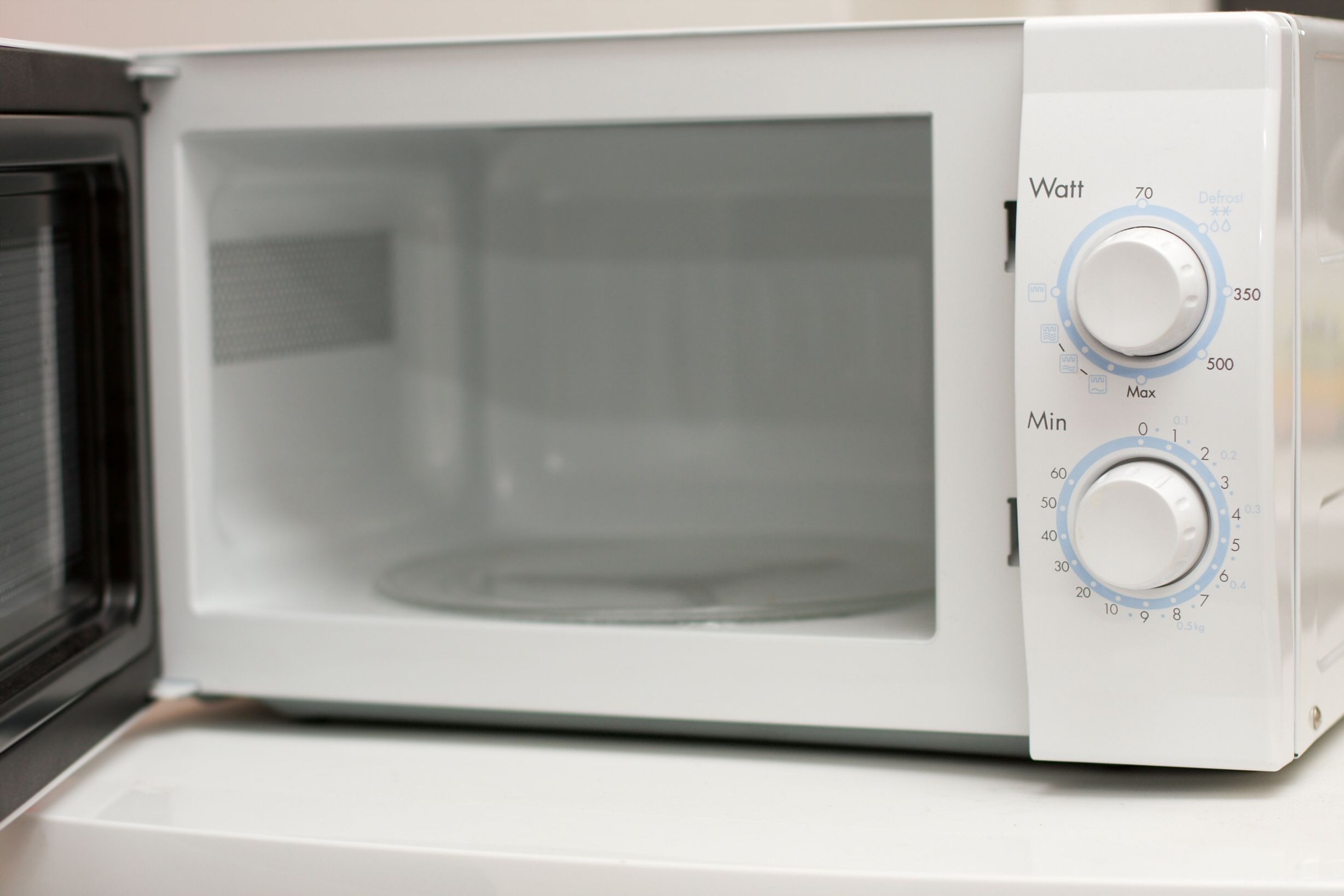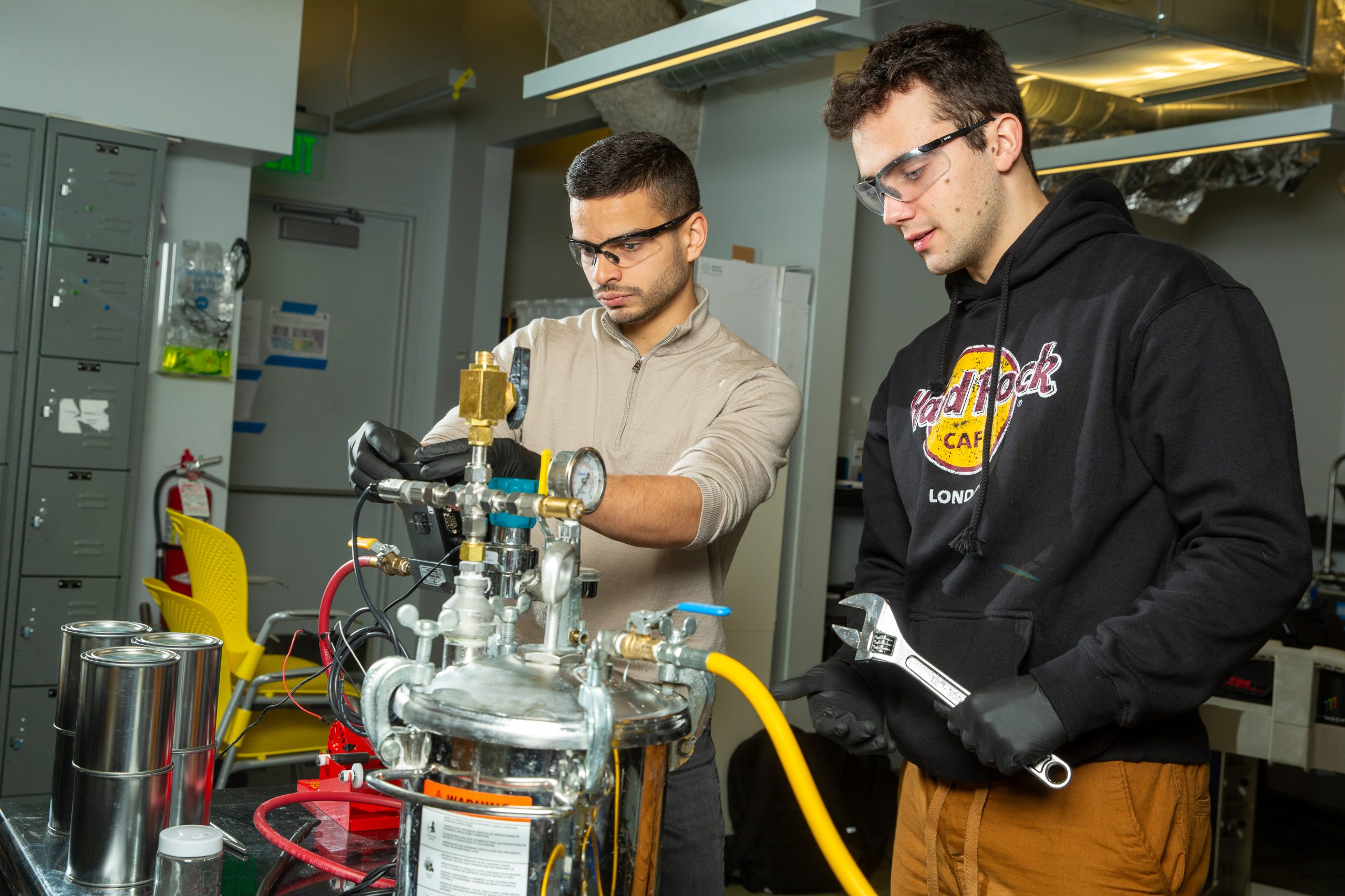In 2006 Blake Mycoskie travelled to Argentina and found many children in the country walking around in bare feet. To fix this Mycoskie decided to start Toms, a buy 1 give 1 company that donates a pair of shoes to a child in need for every pair they sell in retail. A fairly simple solution to a seemingly basic problem: kids walk around barefoot, give them shoes and they won’t have to. Buy 1 give 1 (b1g1) companies are becoming increasingly popular, but mixing business and charity can be dangerous. Understanding the problem b1g1 companies are trying to solve often reveals that their solution is little more than a Band-Aid over a wound that runs much deeper than the product being donated.
What started as a means to shoe underprivileged children in the developing world has grown into a multi-million dollar company with millions of shoes donated. As of July 2013 Toms has donated 10 million shoes around the globe, and their yearly revenue figures are estimated to be in the $20 million range.
Based out of Santa Monica, California, Toms donates shoes to children in 59 countries including Argentina, Ethiopia, South Africa, and the US. Toms uses ‘Shoe Drops’ to distribute their shoes to children. A ‘Shoe Drop’ is when volunteers working with Toms fit and hand out shoes for children in large quantities over a short period of time.
When Mycoskie found shoeless children in Argentina he wanted to help, but wanting to help and finding a solution to a problem are two different things. Shoeing barefoot children will keep them from cutting their feet on broken glass, but does little to address the issue of why shoes weren’t readily available in the first place. In addition to not addressing the underlying issue, flooding any market with a surplus of free goods will do one thing for certain: reduce demand to a point that could put local vendors out of business. Another shoe company, Oliberté, is taking a different approach to the relationship between Western entrepreneurs and developing countries, not providing shoes, but jobs that pay well and come with benefits, two of the best ways to help grow a middle class.
Tal Dehtiar, entrepreneur and native Canadian, started Oliberté with a basic idea: design fashionable shoes people want to buy, and produce them in a way that will make consumers feel good. Oliberté started in 2009 with a factory in Ethiopia that employs native Ethiopians to build shoes made from local materials. Dehtiar hired native Ethiopians not to save money; it’s actually more expensive for them to produce their shoes in Ethiopia, but to make a difference.
Dehtiar touched on why he started Oliberté in an interview he did with Fast Company, "I was working in nonprofits when I heard about Toms Shoes. I’m not a fan of giving things away. If we want to help Africa, we have to create manufacturing jobs – —and I don’t mean cheap labor. Through the local production of Oliberté shoes, we can create 1 million jobs in Africa by 2025.” Dehtiar’s skilled workforce is made up of 50% women, all employees receive wages above the Ethiopian average, employee benefits, free lunch, and new mothers are given maternity leave.
Toms and Oliberté are examples of two differing methods of providing aid, direct intervention through the distribution of goods, and systemic change that positively impacts local economies. Both are effective methods of helping developing countries, but while one addresses symptoms caused by an underlying problem, the other attempts to fix the problem altogether.
It can be easy to see the differing methods of aid distribution and draw the conclusion that systemic change is obviously better than distribution of goods, but there are two-sides to that coin. While Oliberté’s approach might do more for local economies, the actual process takes much longer than Toms, and it has yet to be proven as a viable business model and means of aid distribution. On the other side, it is faster and easier to shoe a child’s foot instead of setting up a factory, but is it practical to fix the problem of barefoot children in developing countries with an endless supply of shoes from the West?
From a consumer’s stand point distinguishing between companies that ‘do good’ can be differing approaches to aid distribution can be difficult.These are 5questions you as a conscious consumer can ask about the company you are buying shoes or clothes from:
– Where was the product made?
Imported products have a larger carbon footprint than locally made goods. Knowing where a product is made can help you get a better understanding of its environmental impact.
– How was the product made?
Environmentally sustainably made products kind of lose their purpose if they’re made in a sweatshop. Knowing the working conditions of the factory where your product is made should ease your decision of whether or not to support the company in question.
– Marketing tool or means for change?
Find out if the company you’re considering supporting is committed to their desire to help the world, or if they’re just using the guise of help as a means to increase profits.
– Where were the raw materials produced?
Locally made clothes that are manufactured with imported textiles aren’t really local at all. Finding out the source of the raw materials can often be as important as knowing where the product was made.
– Is the company a B-Corp?
Benefit corporations (B-Corps) are for profit companies that factor environmental sustainability and social impact into their decision-making process as much as profit margins.
Did you get your free issue of the Intelligent Optimist? Click here for a free download.











